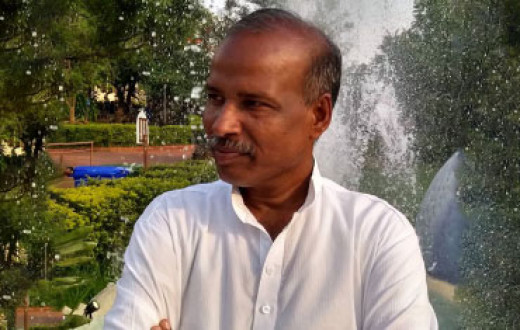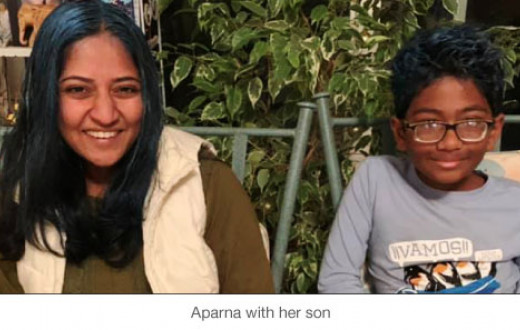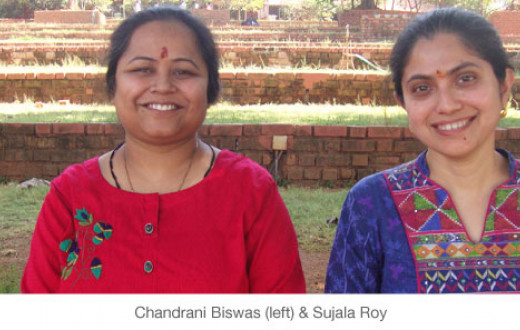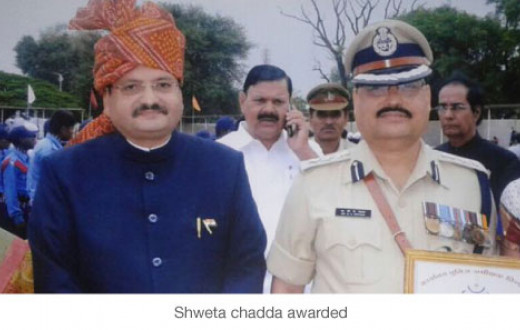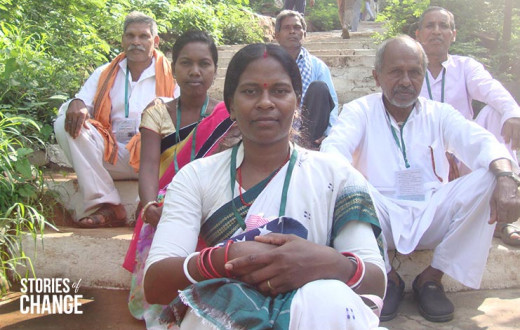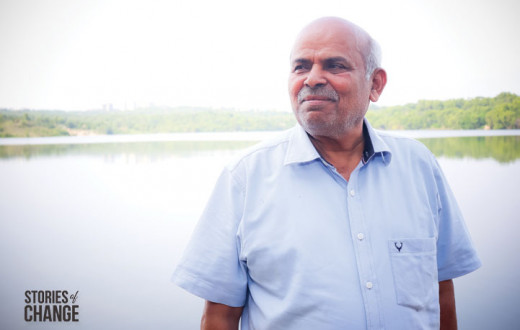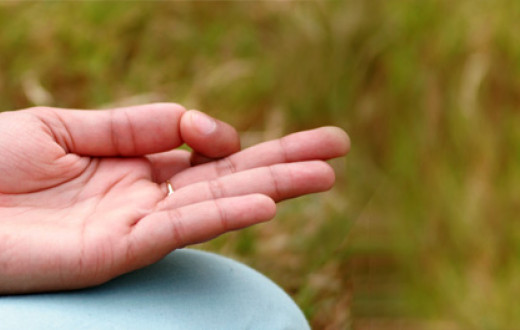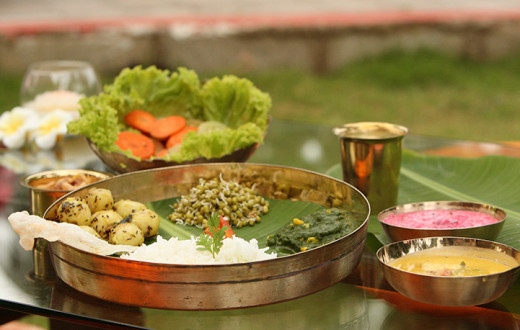Amrita Ray Chaudhary, an entrepreneur, and professor serves me from the restaurant table - reflecting the same warmth and hospitality that she has received in the villages where she has worked for two years before Covid-19 hit and she was compelled to retreat back to her city, Kolkata. Amrita recounts her foray into rural development: “As a young Human Resource professional in Patna, I often experienced FOMO when I heard social activities happening in my home state West Bengal.”
She continues, “After two years of my desk job, I decided to quit and follow my heart. Here are some of my most prized lessons from the field that can come in handy for anyone who wants to work on the field and bring change.”
1. The biggest designation in the world is ‘volunteer’
When you are a volunteer, you are not limited by a certain role. There is an unlimited opportunity to do anything, learn anything and become anything. You can be a coordinator, teacher, survey collector, fund-raiser, and so on. Whatever is the demand, a volunteer fills in – graciously and gratefully.
2. Make friends with spontaneity
Life is uncertain when you are out there trying to make a difference in an unknown land. Spontaneity and faith in the unknown helped me there. Sometimes, I would travel to a new place, not knowing where I am going to stay. There’d be no confirmed tickets or confirmation about where I was going to stay or even a fixed plan. So many things were happening on the go. But in the end, every journey turned out fine and fruitful. Life took care of me.
3. Practice a stress-relieving technique
Working in villages meant a lot of changes for a city dweller like me. I was constantly traveling; my eating times were not always fixed and the comfort of cities was obviously absent. During these times, Sudarshan Kriya became handy to keep my system and emotions in balance. In fact, the breathing technique led me to start my rural development journey. It helped me let go of my inhibitions and become more forthcoming to reach out to others.
4. Get ready to let go of old plans and make new ones
Often when we visited villages, we’d discover that they need something other than what we had to offer. So we found ourselves letting go of our earlier plans and building something completely new. For instance, if we went to a village with a program on menstrual education and awareness, there was a chance they were in higher need of improvements in general education. So we’d build a program around that.
5. Go from the space of giving
My mentor taught me this. The village folks won’t reject you if you go to them from the space of giving. With that attitude, you’d be comfortable wherever you are.
6. Your conviction can convince your loved ones
Life on the field can seem unstable to many good-intentioned parents. Yet, your conviction can change everything. My parents were apprehensive about my foray into fieldwork. Once they saw my work getting celebrated, they became very grateful. Their perception changed.
7. Be ready to be surprised
We generally have this mentality that villages are lacking financially and that residents are looking for opportunities. But when I went to villages, I saw abundance: Women are leading families, children want to head the nation. Villages are a storehouse of potential.

8. It is okay to make mistakes
The problem is in not doing anything. Not in making mistakes. Once you are on the field, there are times when you find yourself directionless. In such moments, fear can take over and stop you from acting. Yet, growth lies in taking risks and making mistakes. The idea is to make new mistakes, learn, grow and re-strategize.
9. Sharing food is a precursor to good work
Before getting started with any work, it is important to establish a bond with the people you are working for and with. And once you share food, the bond happens naturally. The communities for which we want to work get to know us, and our intentions. We get to know them, their concerns, and their problems. We become one of them at the dinner table. Now, work can begin.
10. It is a joy to build leaders
I have been lucky to be a part of projects like Project Pavitra and the Women Entrepreneurship Program based in West Bengal where I have seen rural homemakers turning into leaders and taking responsibility for their communities. Homemakers have come and told me that with Project Pavitra, they now have a purpose in life. It has been a sheer joy to build leaders. The Youth Leadership Training Program (YLTP) has been greatly instrumental in aiding this change.
As told to Vanditaa Kothari



